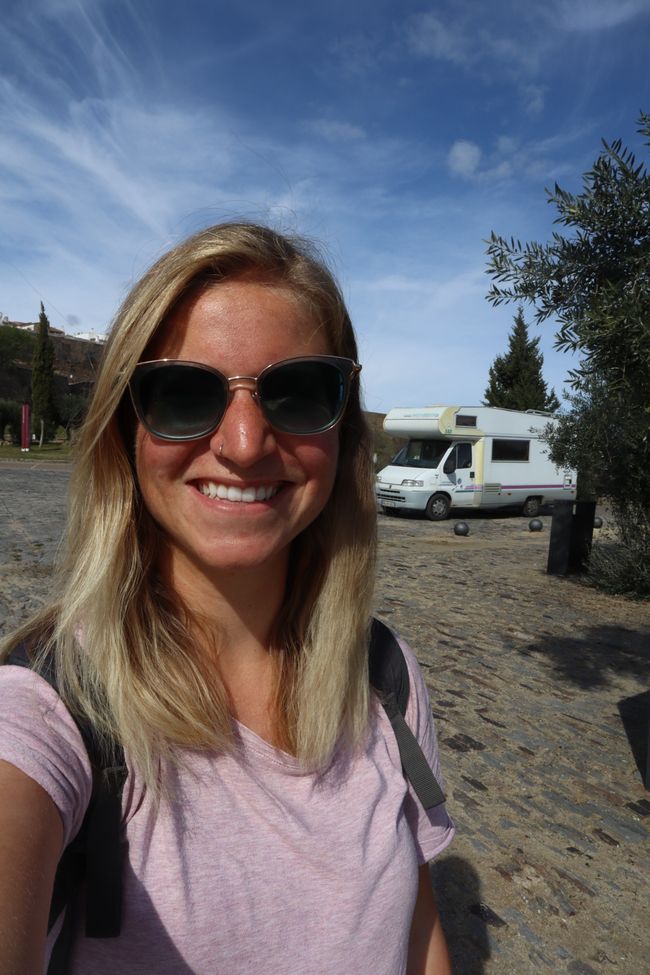37-ci həftə - Fjord Norveç
Nəşr edilmişdir: 31.07.2022
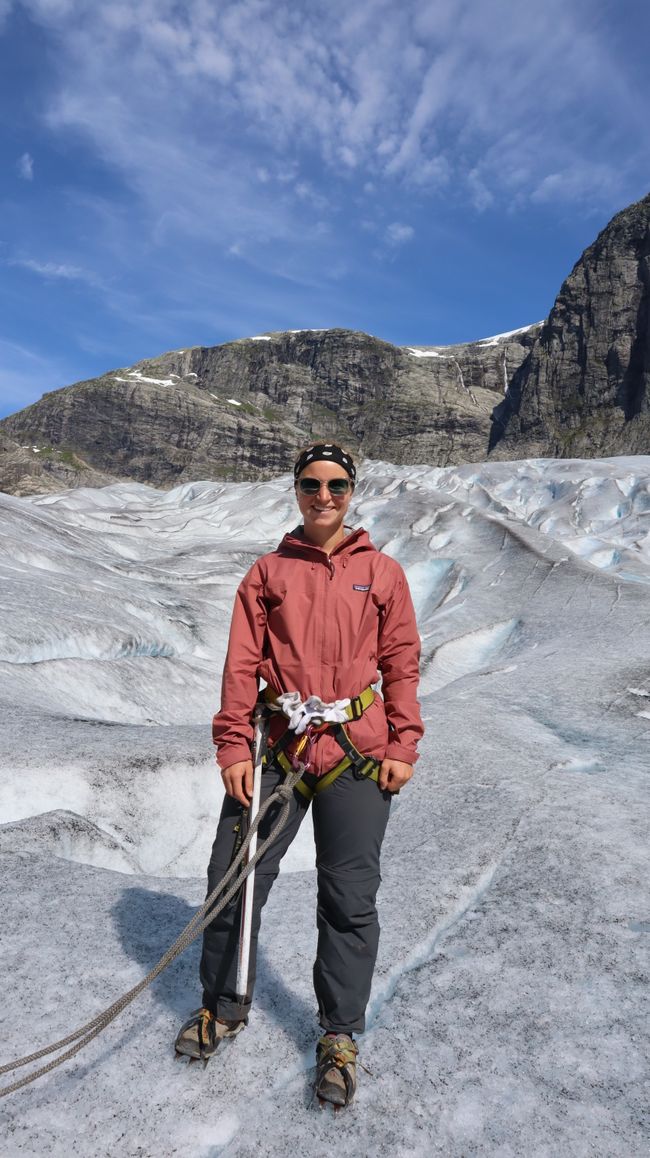
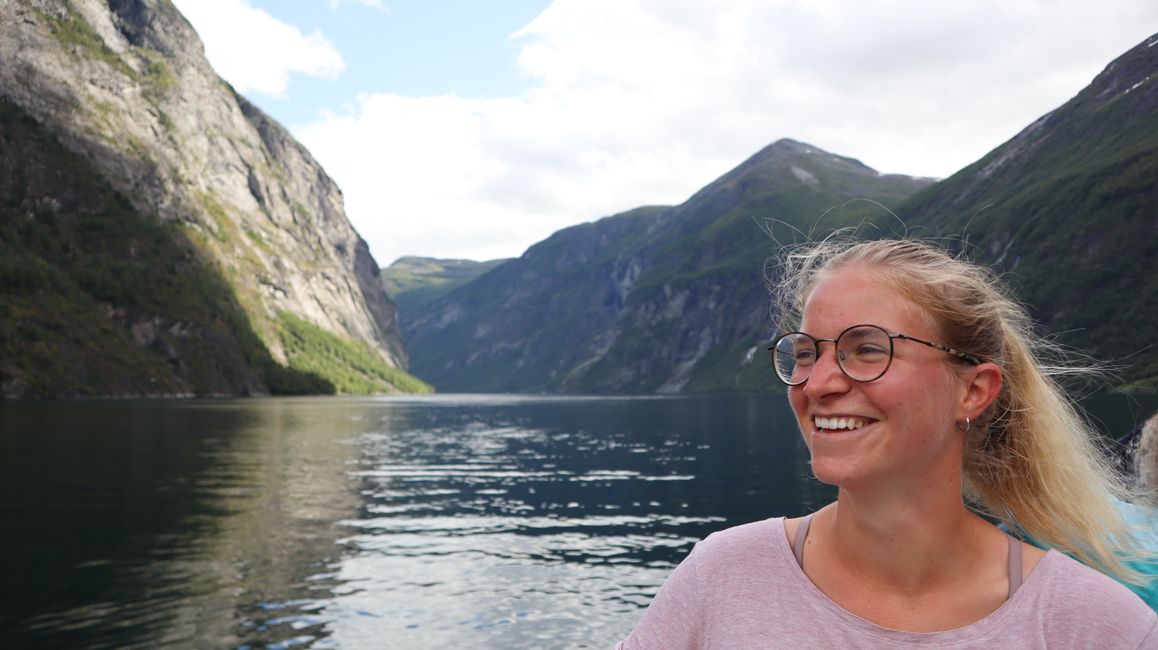
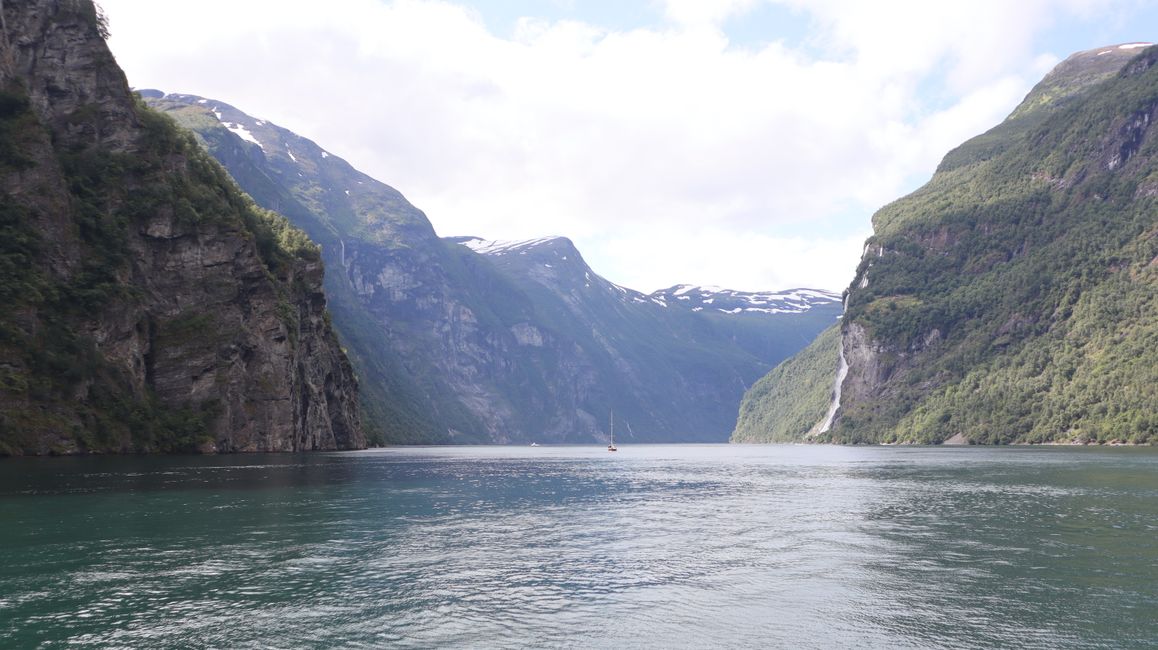
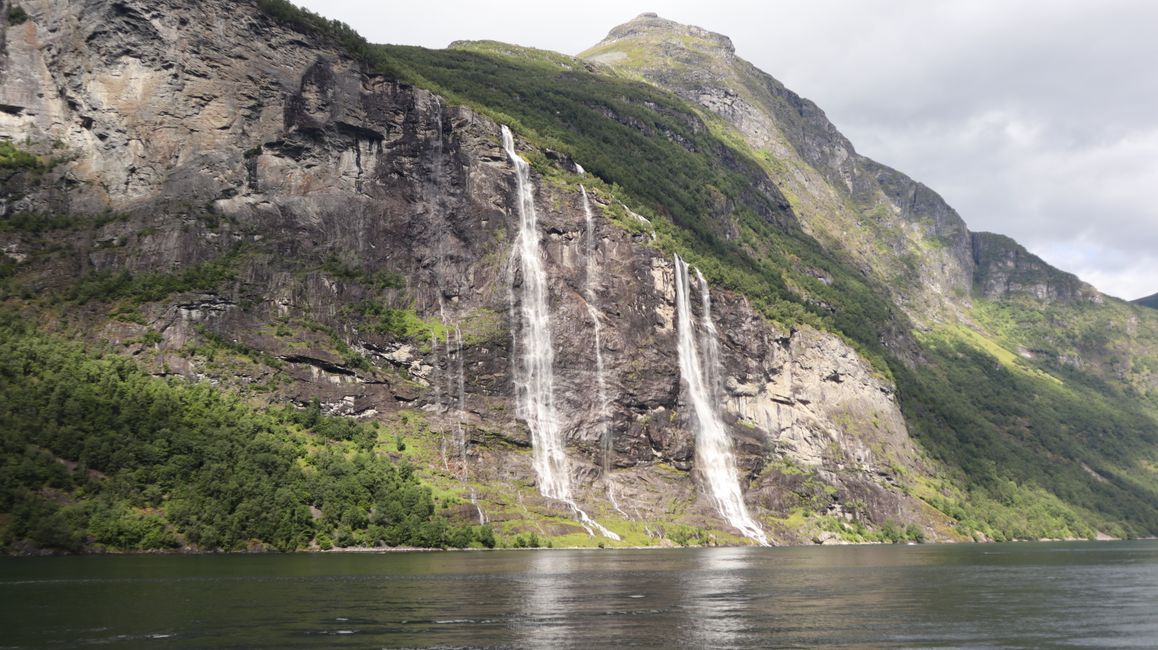
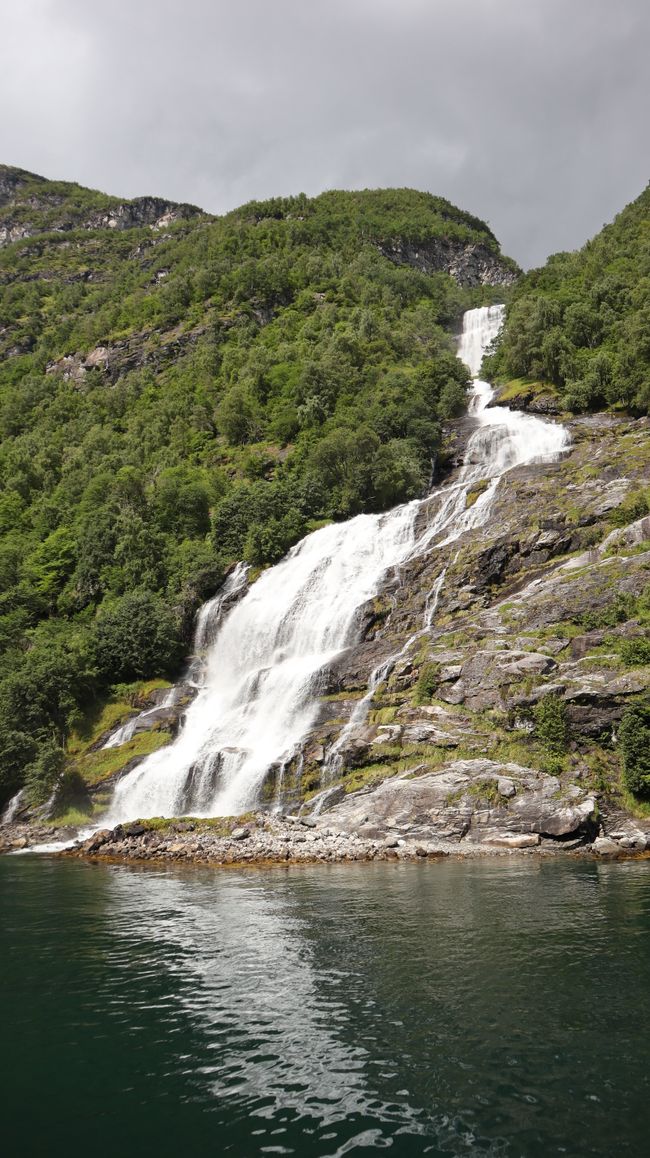
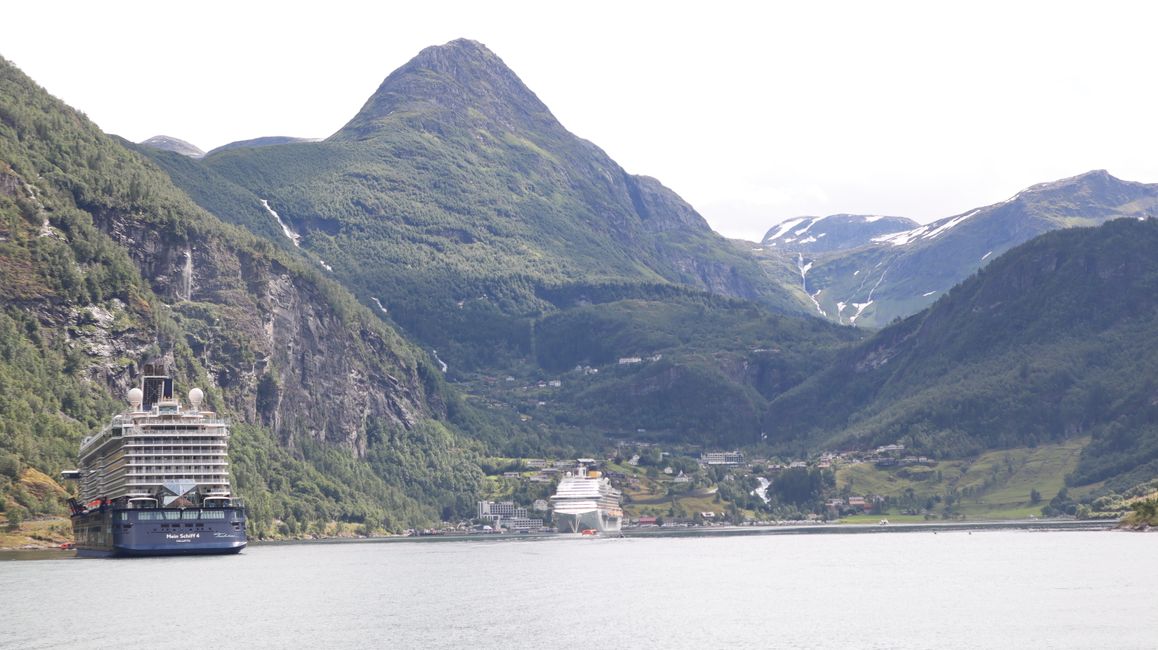
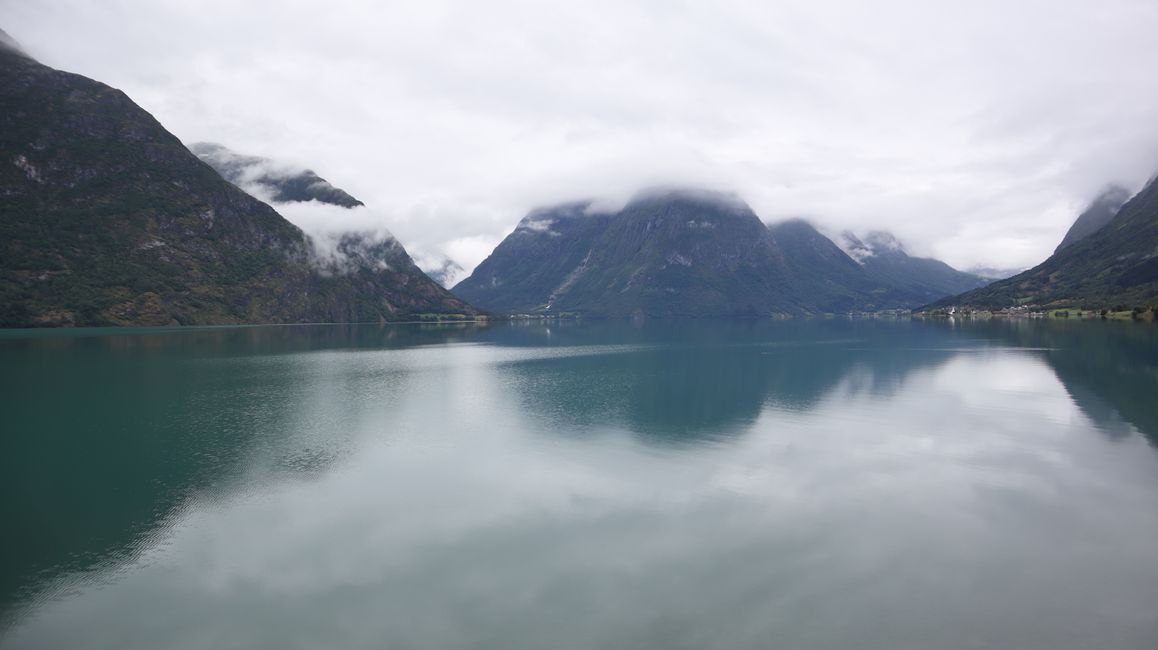
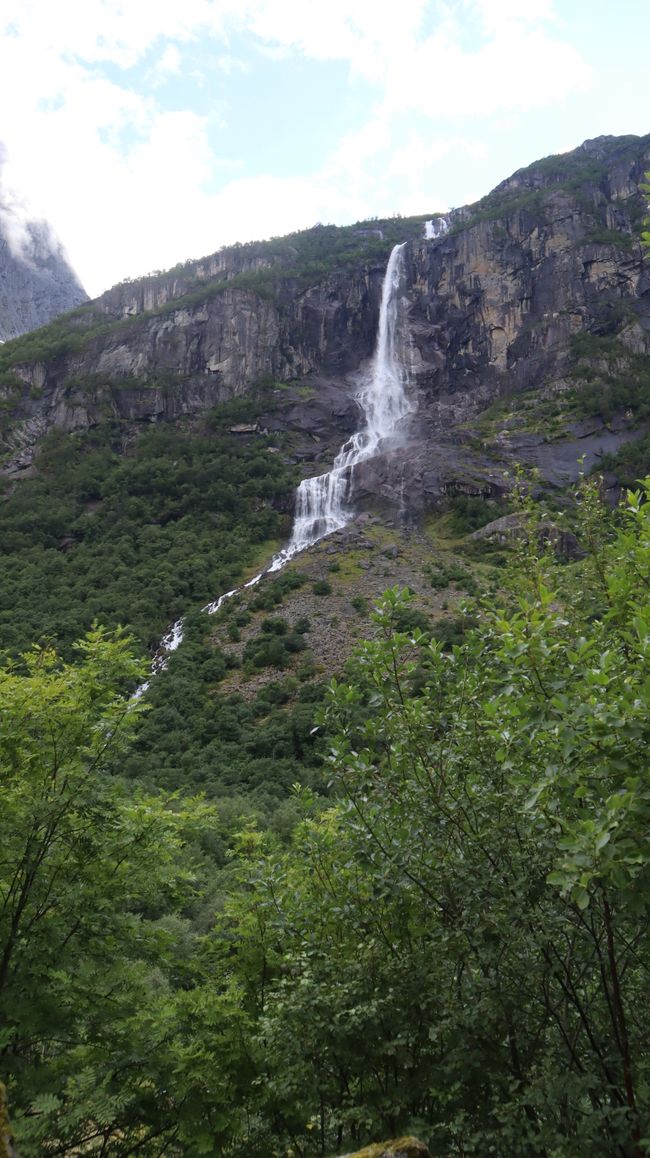
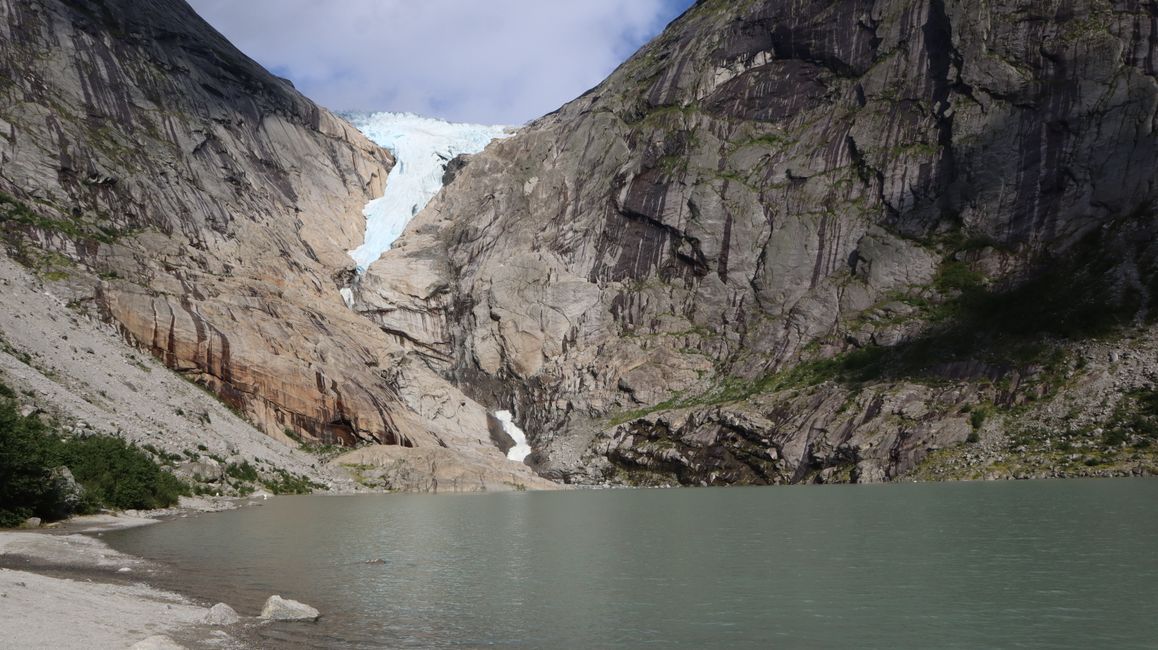
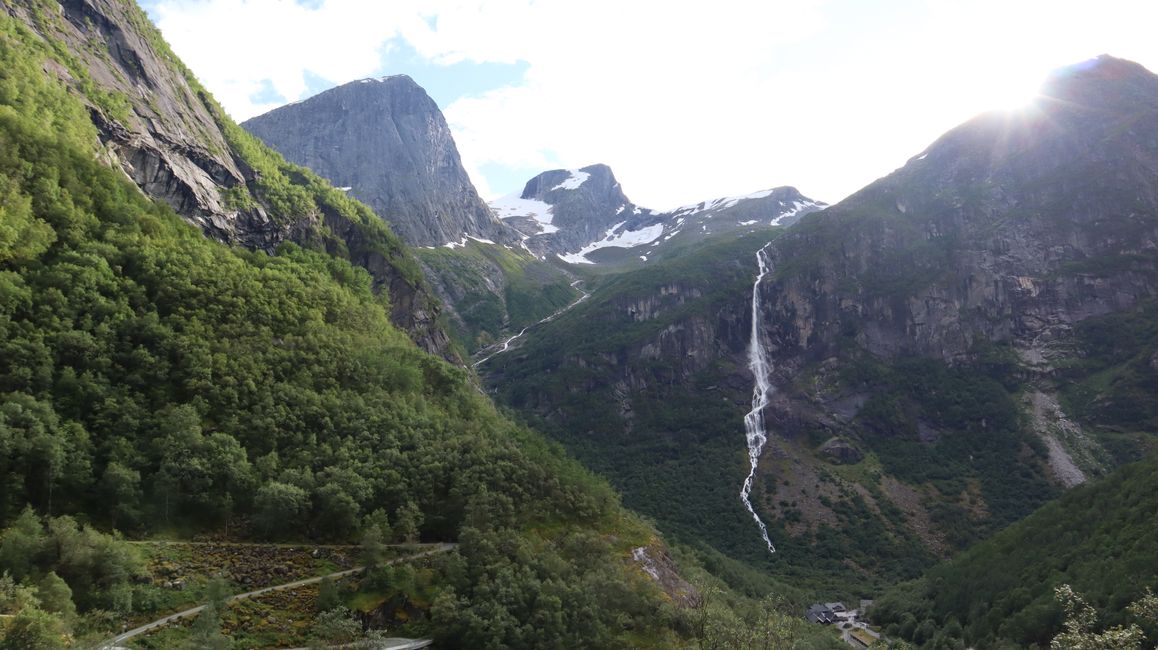
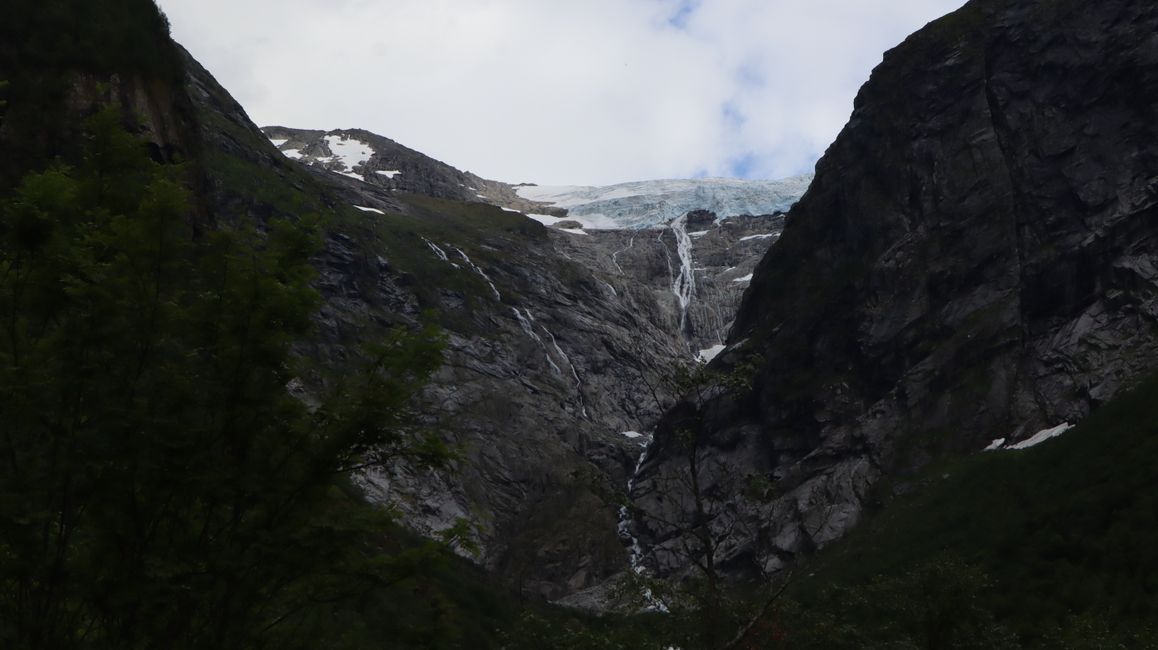
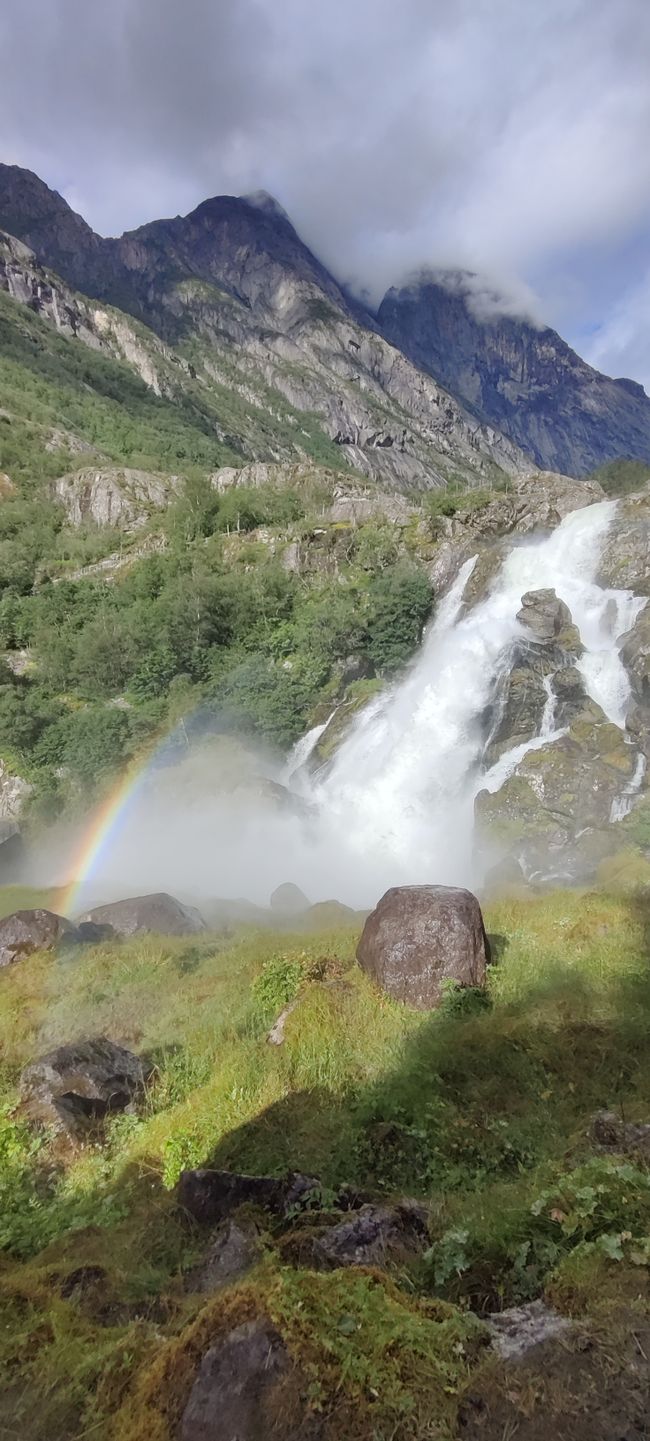
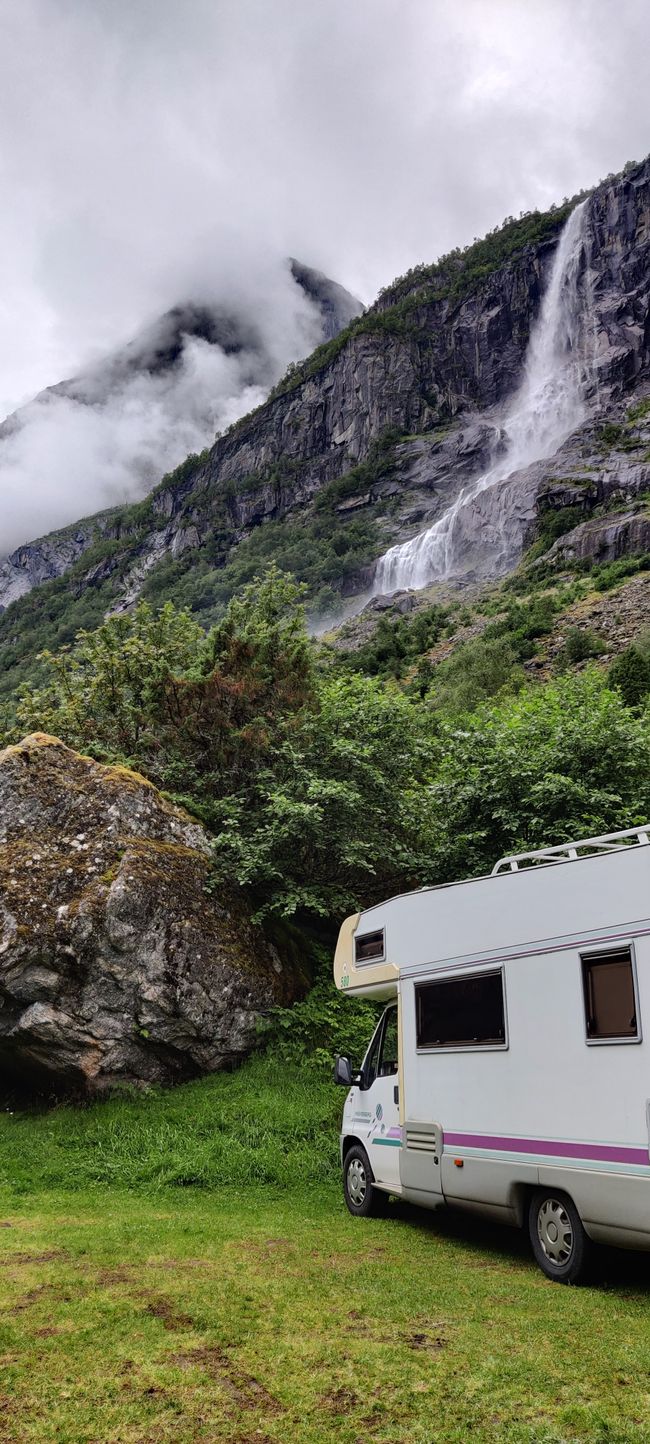
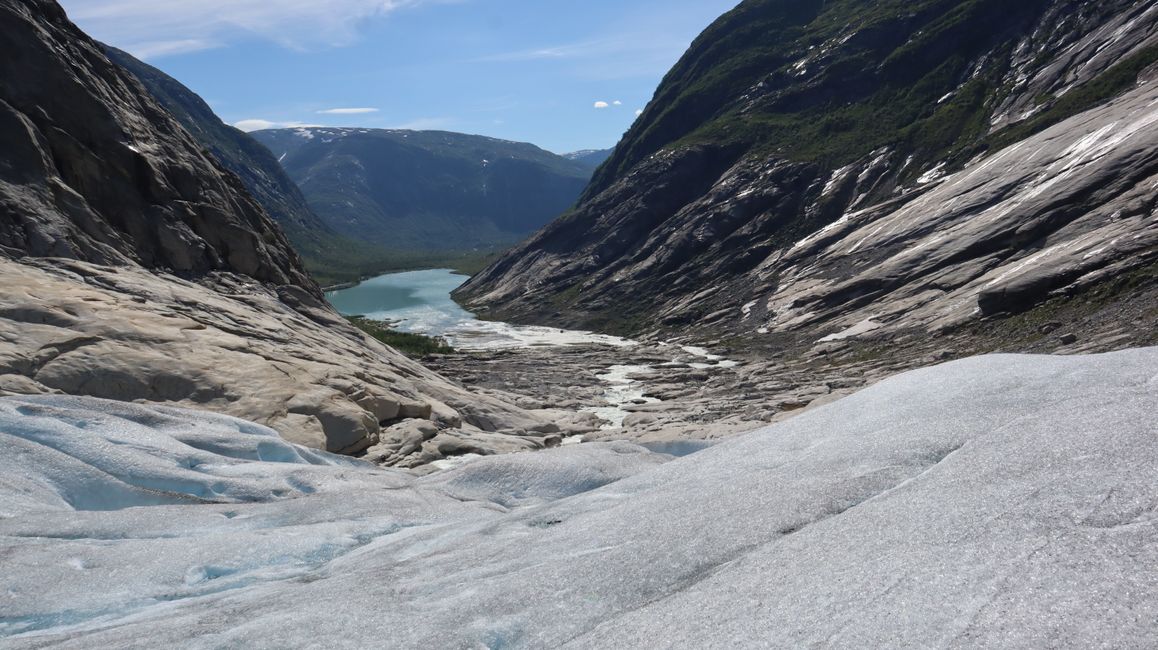
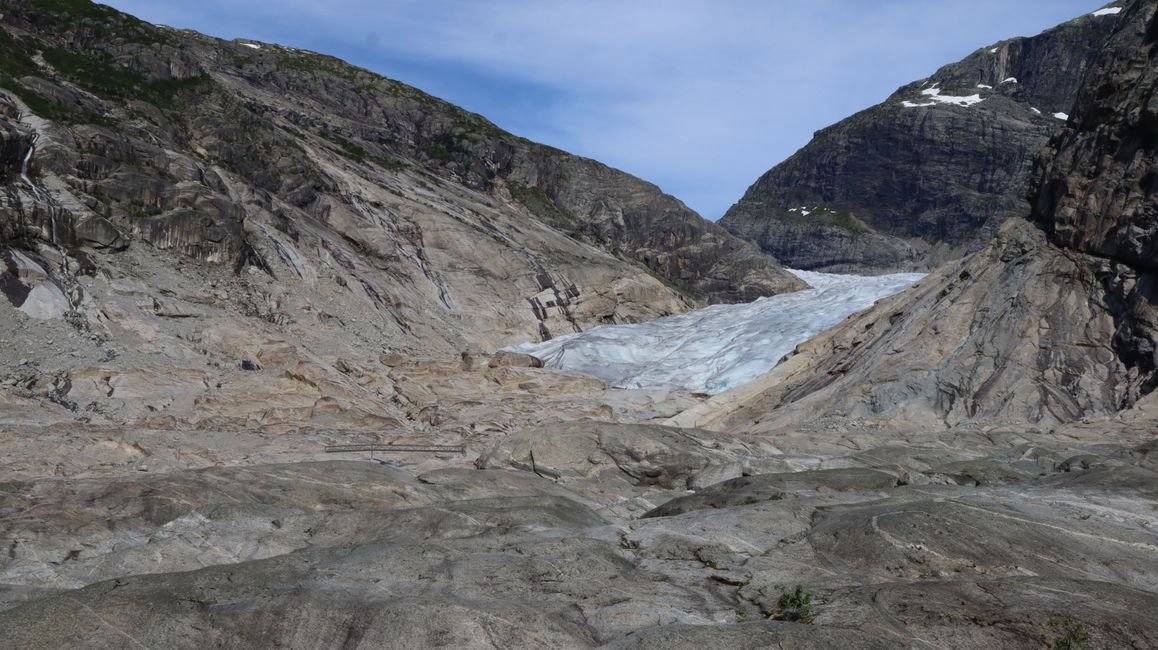
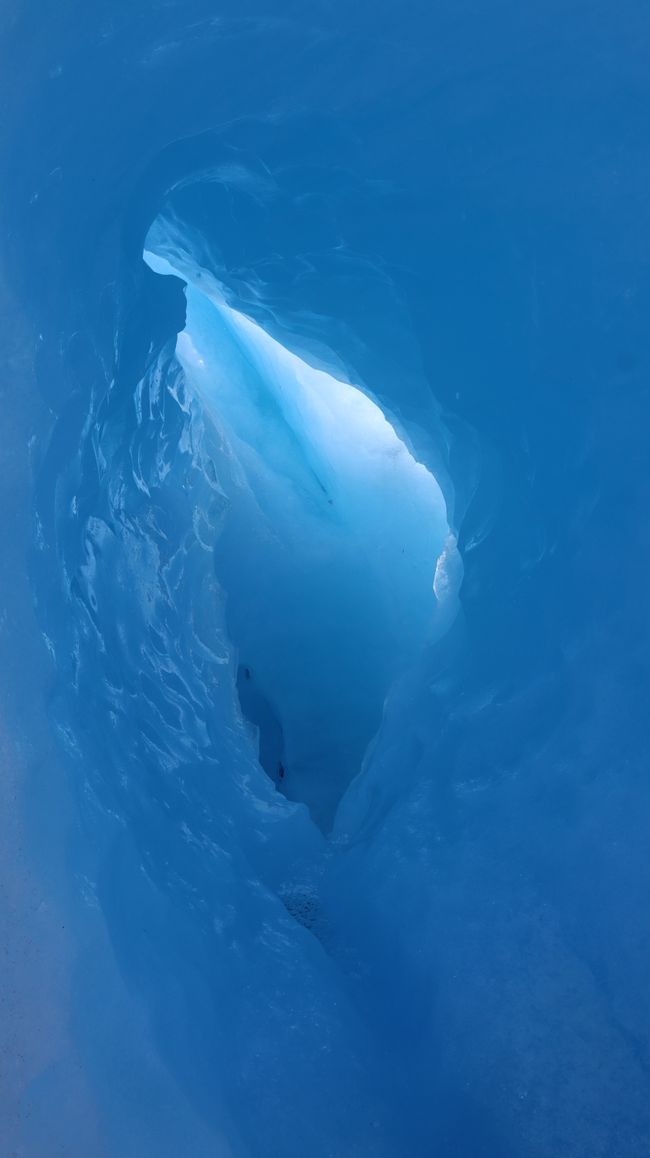
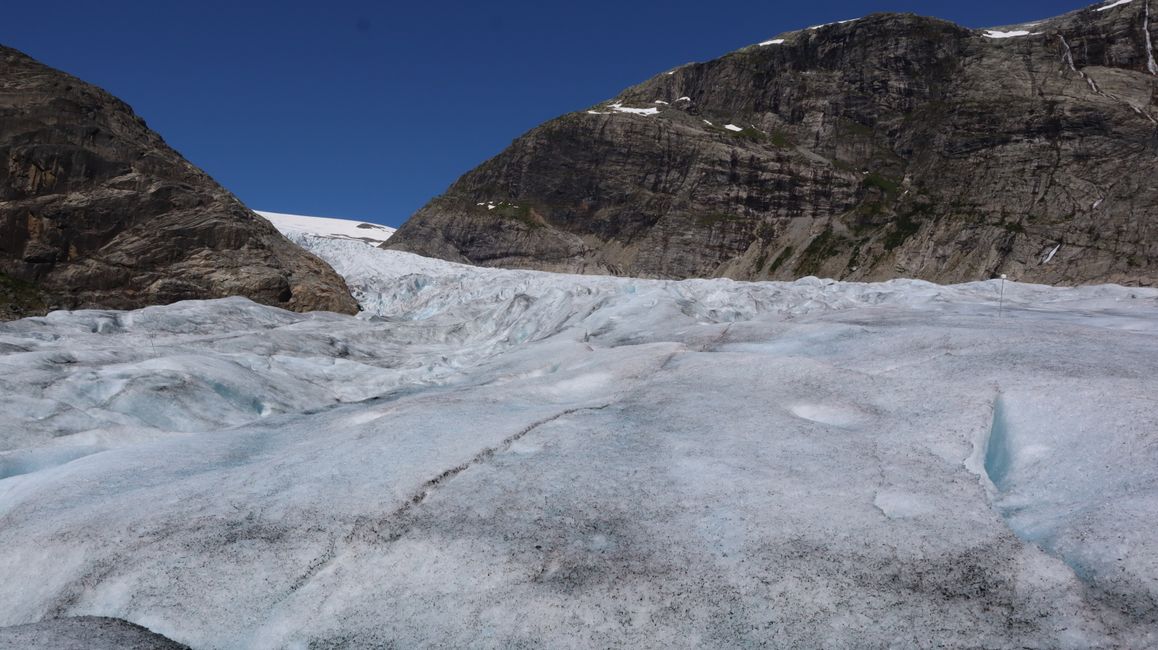
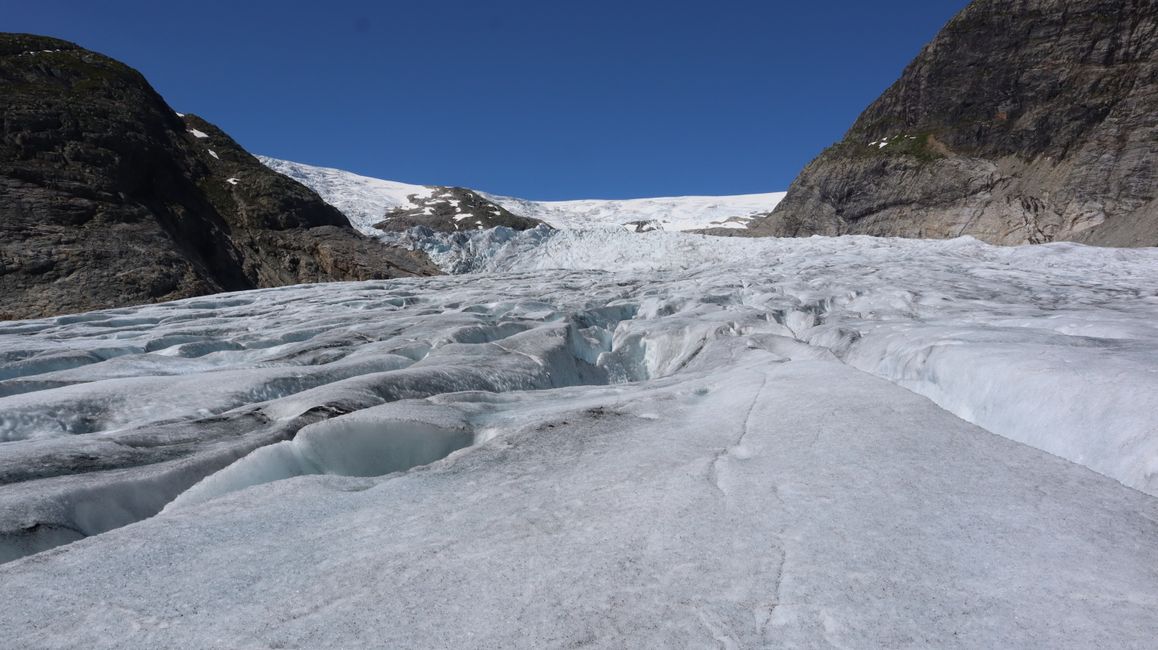
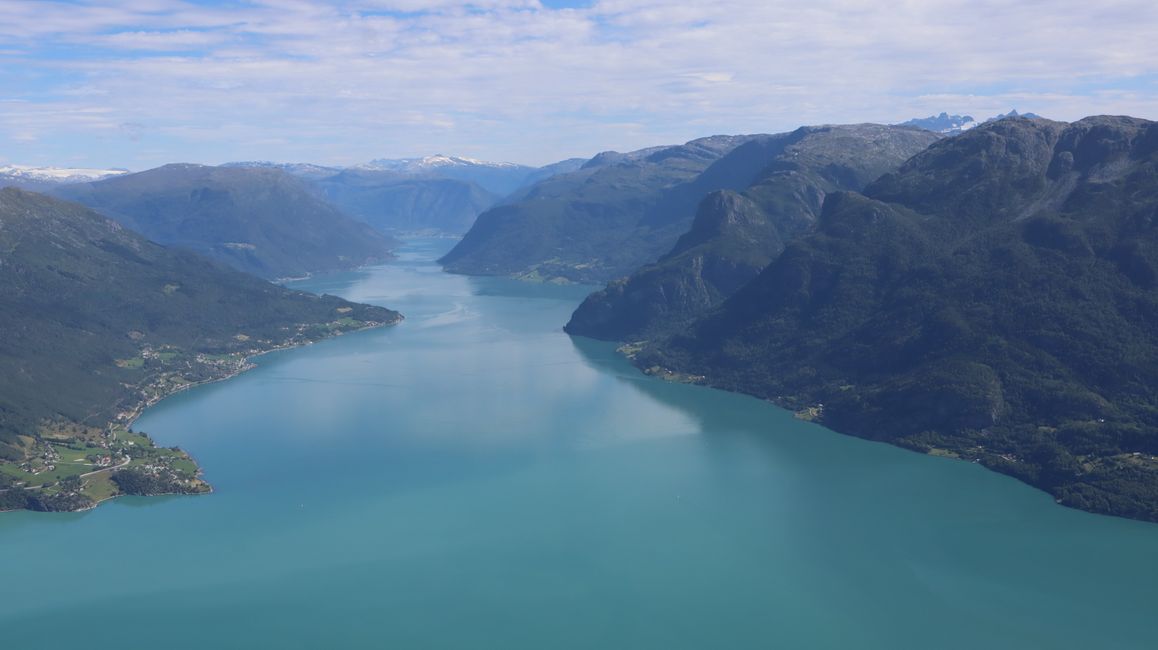
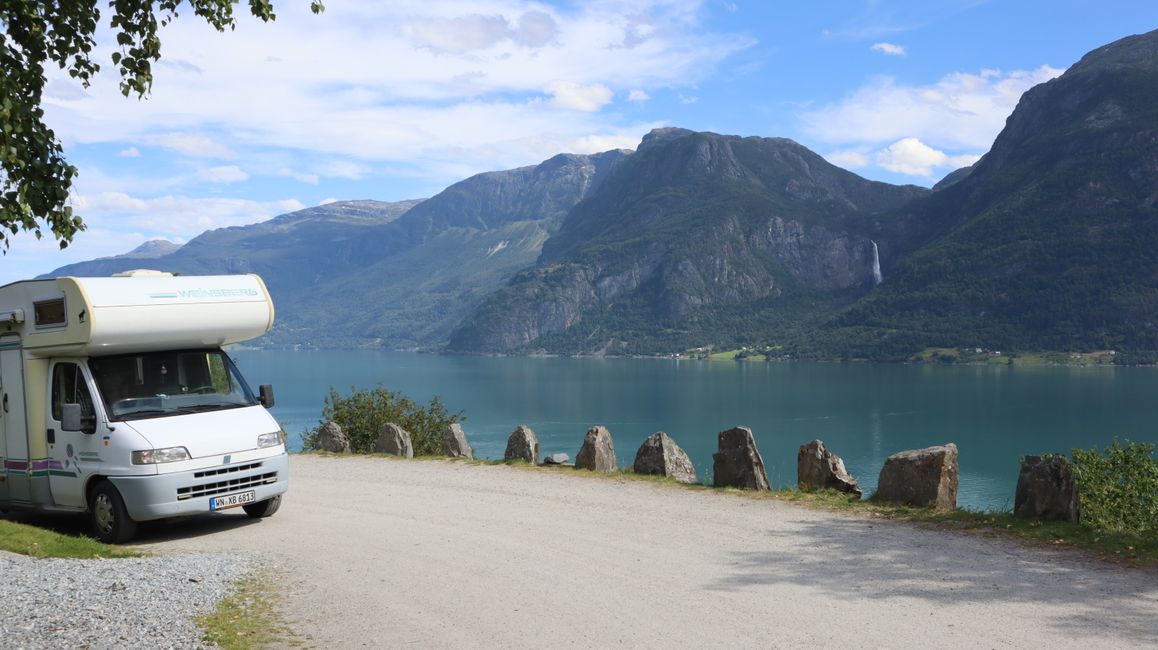
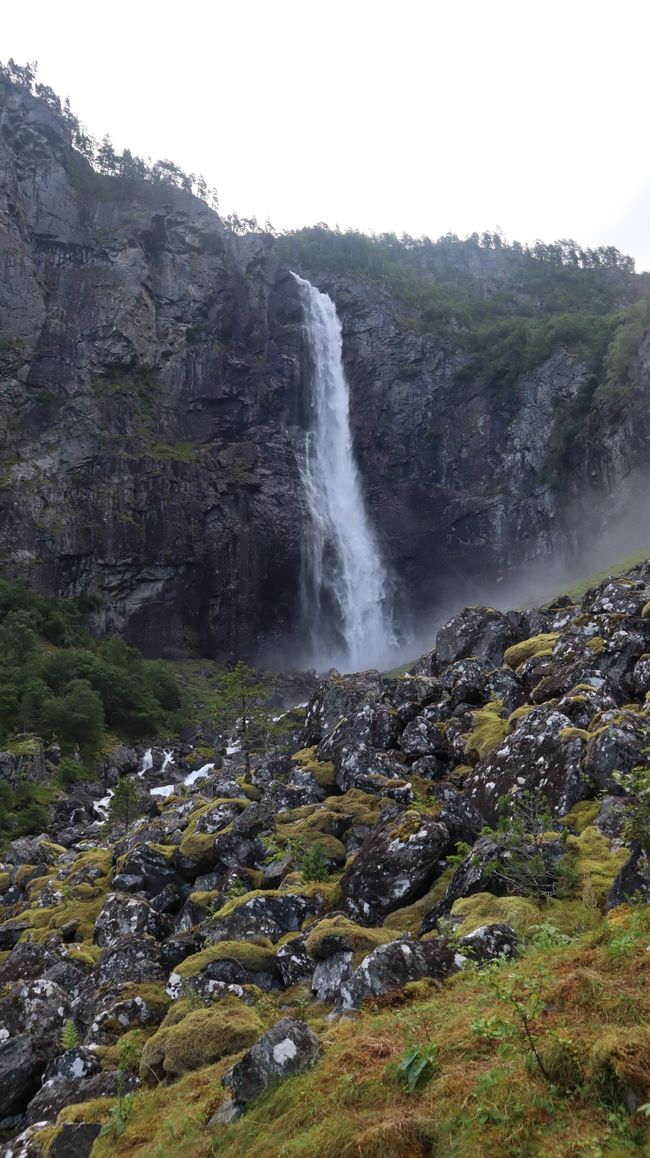
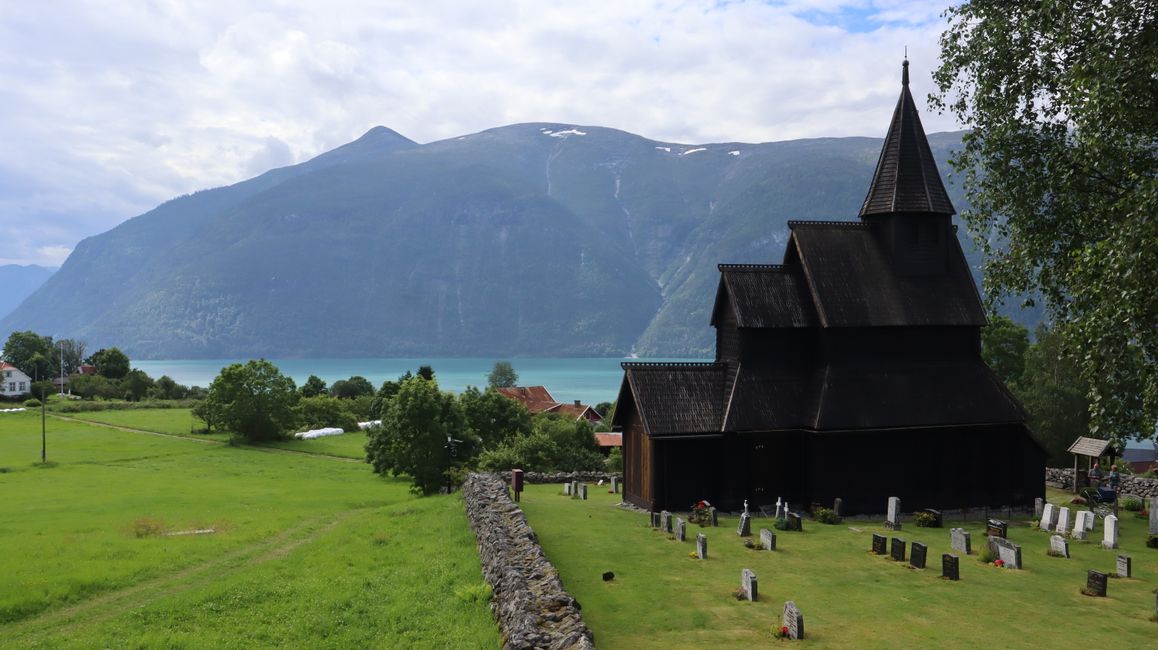
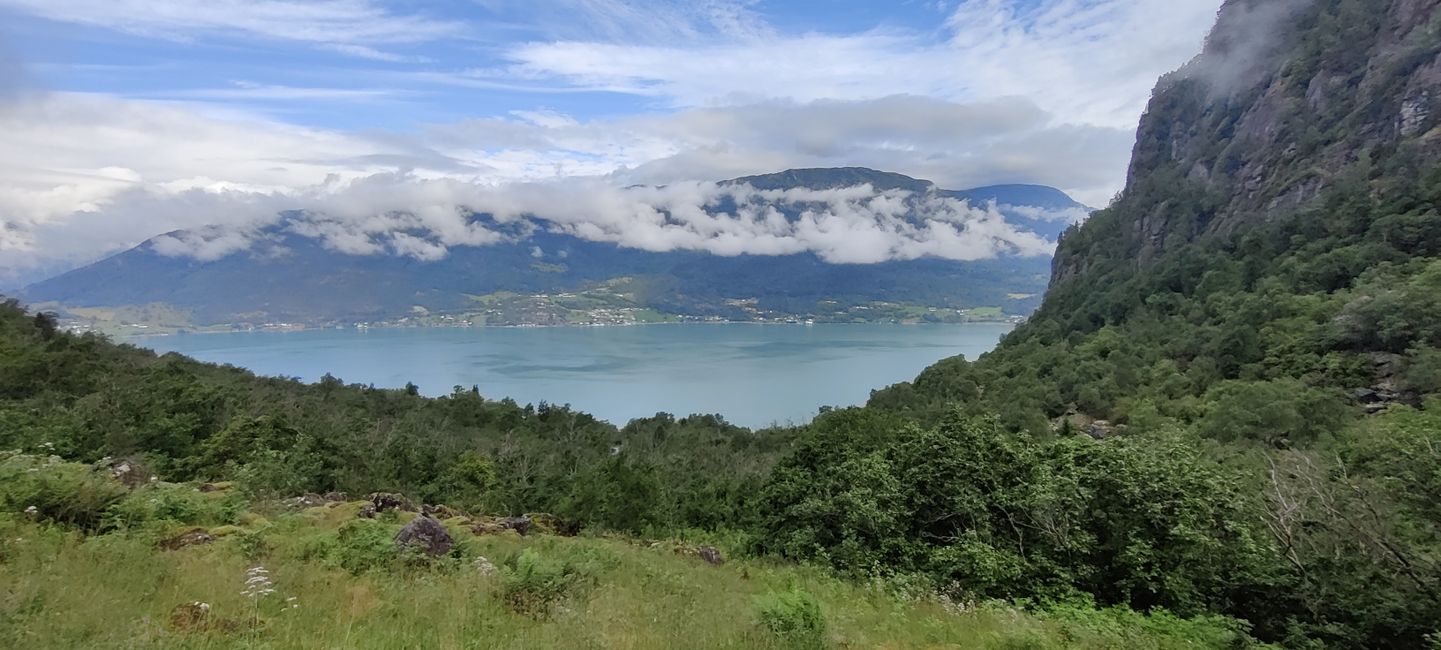
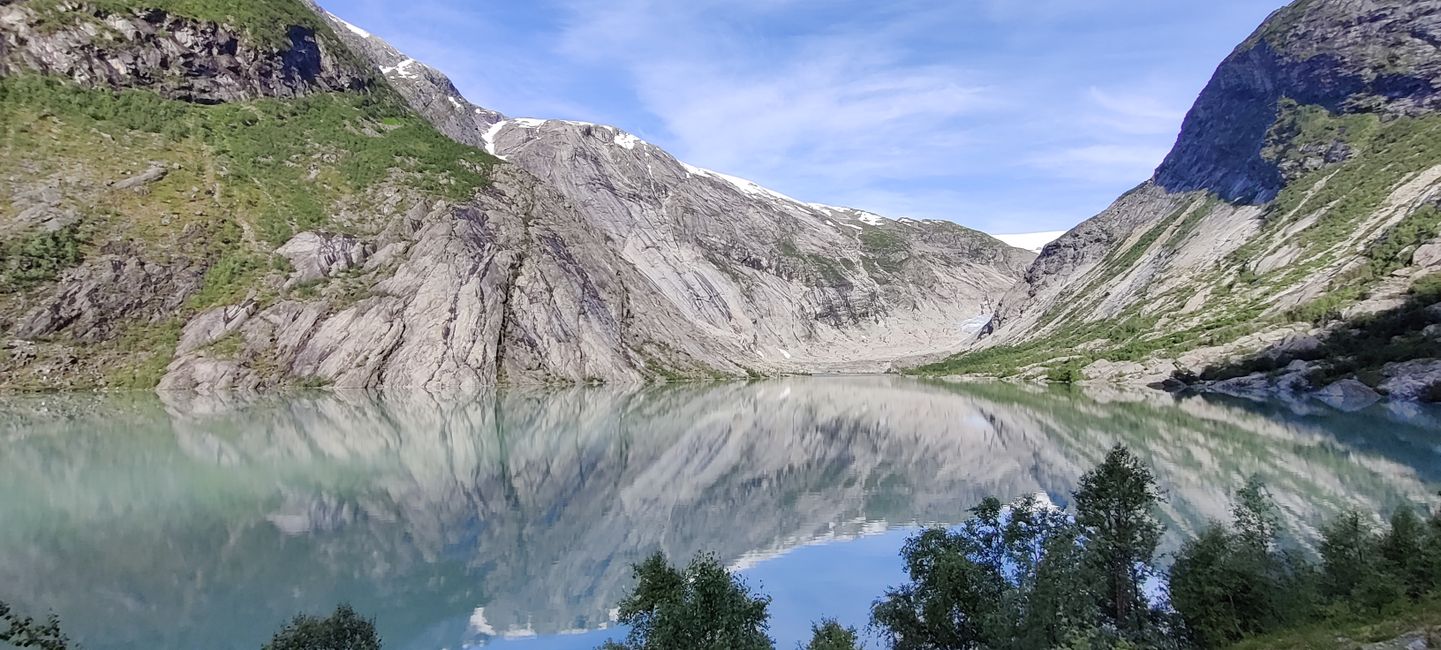
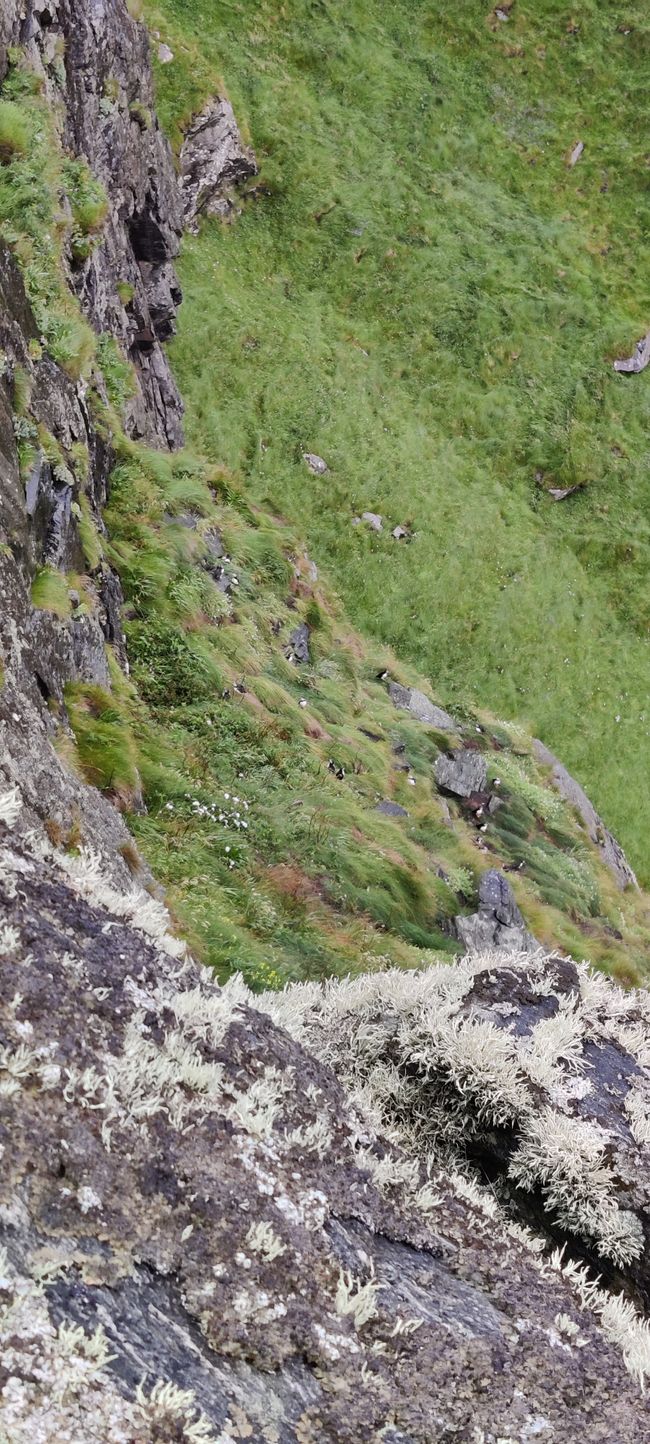
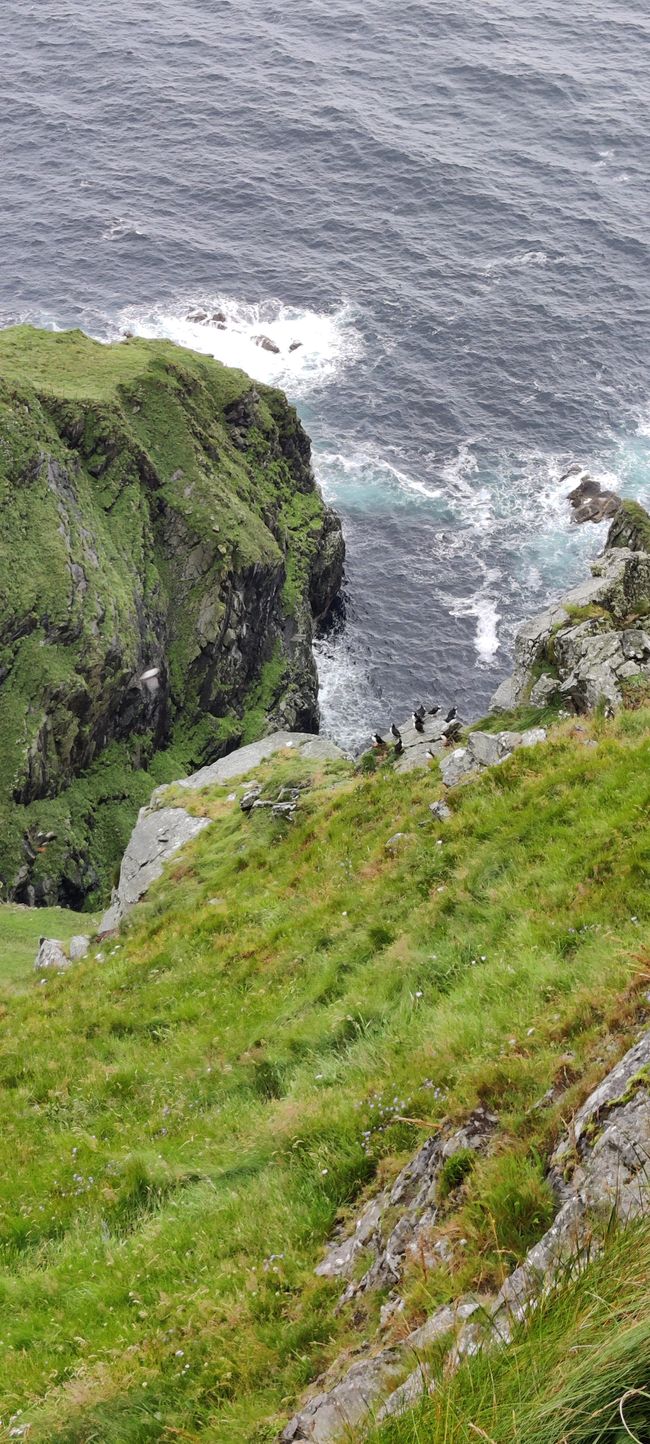
Bülletenə abunə olun
It's official - my journey is coming to an end. I have booked my ferry from Norway to Denmark. From today onwards, I have 2 1/2 weeks left. It feels somewhat unreal that nearly 9 months have passed and I am already on my way back home...
Before my ferry leaves, I am enjoying each day and trying to do some cool things.
The week started for me at Geirangerfjord. I took a classic tourist boat tour across the fjord to the Seven Sisters waterfalls. I had imagined them to be very impressive, but the truth is that they are nothing more than thin, small waterfalls, where I couldn't even make out seven. Well, never mind, the tour was beautiful. Of course, I immediately met new people, so it didn't get boring :-)
On Tuesday, I went to the island of Runde. Runde is the rock with the most and largest bird colonies in southern Norway. I actually only went there because of the cute puffins. And I wasn't disappointed, lots of puffins and many other birds showed up in the evening. The whole sky was buzzing with birds. Unfortunately, due to the distance, I have only a few pictures, but with the binoculars, I got very close to the birds :-) here my gift to Julian paid off immediately ;-)
Next stop was the Briksdalsbreen glacier. Due to the crowds of a cruise ship, I only went to the glacier in the evening. The Briksdalsbreen glacier arm is part of the largest mainland glacier in Europe - the Jostedalsbreen. At Briksdalsbreen, there is the Kleivafossen river, which is considered the largest river originating from a glacier. 10,000 liters of water per second flow downhill here.
On Thursday, I went to the Bøyabreen glacier arm and the glacier museum. The museum is made in a very interesting way with a movie where you fly over the glacier. There is a climate change exhibition and lots of information about glaciers. Did you know, for example, that there are hydroelectric power plants under the glaciers, so that energy can be obtained from the glacier river? Or that the glacier only shimmers blue when water runs through areas under great pressure?
With the newly gained information, I started on Friday with a cool tour: the glacier hike.
I had booked the tour for the Nigardsbreen glacier arm in advance. As the very first group of the day, our 4-person group went onto the glacier. In order to be able to walk on the ice at all, we were given spikes and ice picks for support. Since we were a fit group, we went up quite far, almost to the plateau of the Jostedalsbreen. Our guide from Nepal led us around deep crevices, showed us naturally formed caves and deep holes. The glacier arm is sometimes up to 300 meters thick, the plateau on top up to 600 meters, and there is still plenty of snow here at the end of July. It was an awesome experience to experience a glacier up close and walk on it.
Unfortunately, the effects of climate change are more noticeable here than anywhere else. There are information boards and signs with years at all glaciers, so that you can imagine how much the glacier has receded.
So, I'm crossing glaciers off my list for now :-)
On Saturday, I went back to a mountain - Molden. With 1,116 meters, it's relatively high, but fortunately, the parking lot is higher than sea level. I covered the remaining altitude meters in perfect weather. From the top, I was rewarded with a fantastic view over the Sognefjord and the surrounding mountains. This fjord is the second deepest fjord in the world and extends quite far into the interior of the country. I also caught one last glimpse of the Jostedalsbreen, its snow-covered peaks are unmistakable.
The Sognefjord has a particularly beautiful blue color because it is filled with glacier water from the Jostedalsbreen.
Today, things were a bit slower. First, I went to the Feigefossen waterfall, which is considered the second highest unregulated waterfall in Norway. Then, I went to the church of Urnes. The stave church is a UNESCO World Heritage site because it is the oldest stave church in Norway.
Bülletenə abunə olun
Cavab verin
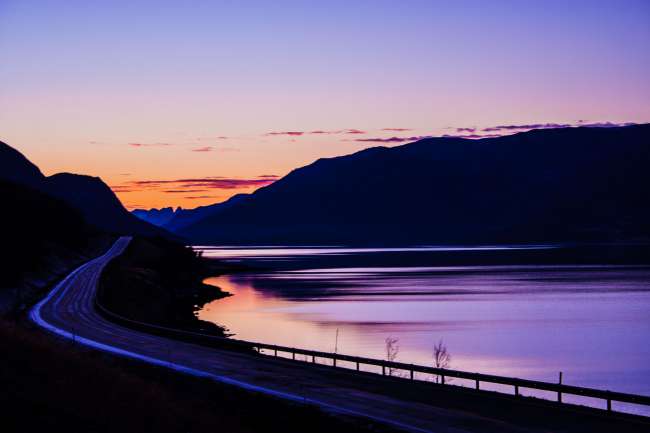
Səyahət hesabatları Norveç

